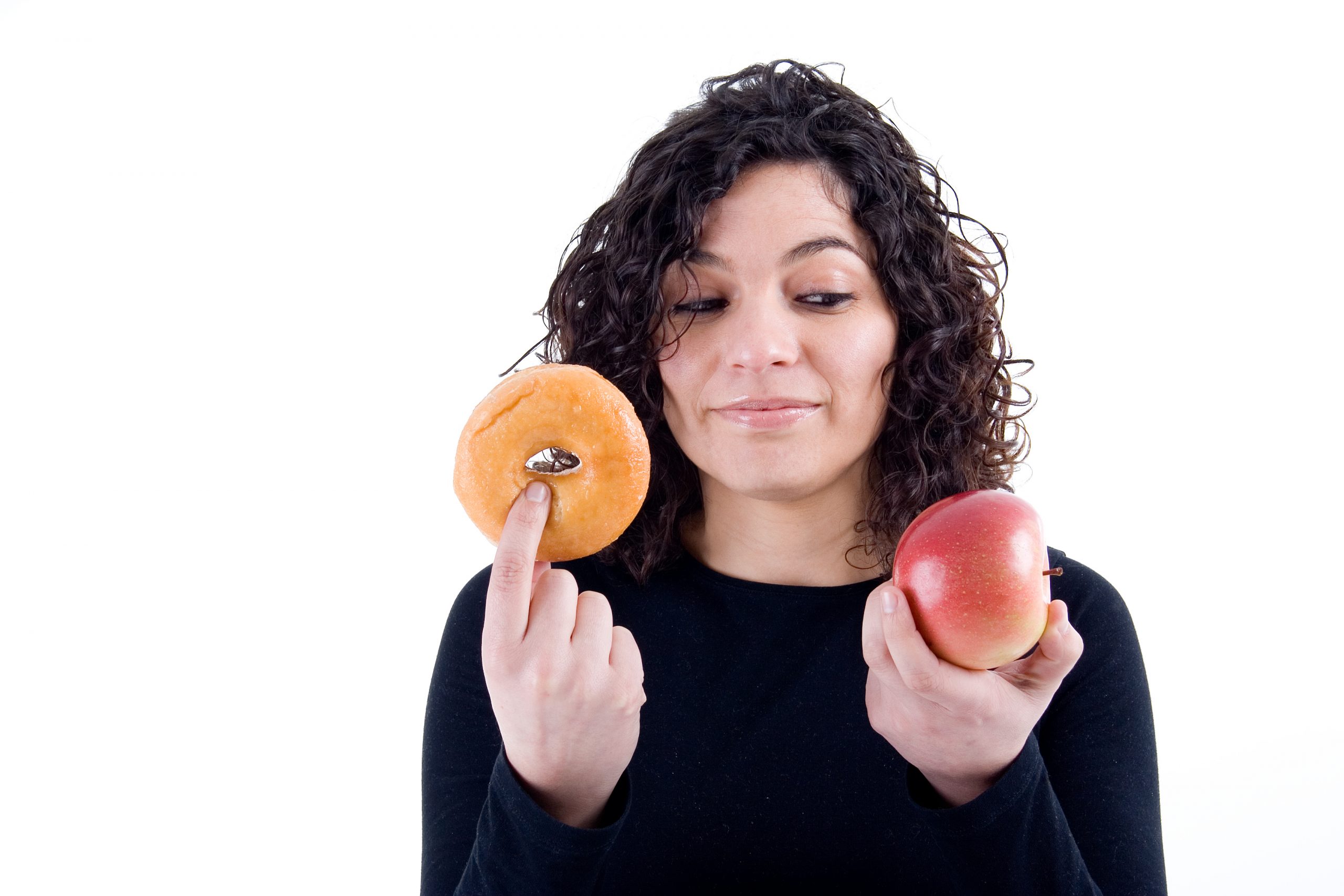Carbohydrates, commonly known as ‘carbs’, are one of the most important nutrients our bodies need. They give us energy and keep us going throughout the day or when we’re exercising.
However, not all carbs are created equally, and it’s useful to know the different types so you can make an informed choice about what you’re eating.
This article is about the difference between good and bad carbs. But what we really mean by that is the difference between what are known as simple and complex carbohydrates.
At a very basic level, the difference between simple and complex carbs is the chemical makeup of them and how our bodies process them. But of course it’s a little more complicated than that.
What are simple carbohydrates?
In a nutshell, simple carbohydrates are sugars. These can be naturally occurring sugars such as those found in fruit, some vegetables, and milk. They can also be added to foods – common sugars added to foods include raw and brown sugar, corn syrup, fructose, and others.
Foods with naturally occurring sugars should form part of a healthy lifestyle as they usually also come with a variety of other nutritious benefits. However, those foods that contain a lot of added sugars should be eaten in moderation as they can cause spikes in blood sugar levels and provide a short-lasting source of energy.
Foods that contain high levels of added sugar include fizzy drinks, pastries, biscuits, breakfast cereals, fruit juice concentrate, and many more.
What are complex carbohydrates?
So then we come to complex carbs. If simple carbs cover sugars then complex carbs make up the other two types of carbs – fibre and starch.
Fibre is incredibly important for good overall health and particularly for good gut health. It helps keep blood sugar levels low and is also digested more slowly, which can help us feel fuller for longer, a great way to reduce calorie intake.
There are all sorts of other benefits of fibre, including helping to keep regular bowel movements and managing cholesterol levels.
Foods that contain high levels of fibre include whole grains, beans, nuts, fruit and vegetables – basically all the good stuff we should be eating more of anyway!
The British Nutrition Foundation says that we should ideally be consuming around 30g of fibre per day. However, the average intake is currently around 17g for women and 20g for men.
Starch is also found in many of the same foods, and while the benefits may not be quite as pronounced as in fibre-heavy foods, they do still provide some health benefits. Foods that contain high levels of starch include potatoes, oats, rice, whole wheat bread, and corn – these should be eaten more in moderation than those fibre-rich foods we mentioned earlier.
In conclusion
While carbohydrates are an essential nutrient for our body as they provide us with energy, it’s important to make sure we’re giving our bodies the right kind of carbs.
Simple carbohydrates are found in foods with added sugars, such as biscuits, cakes and pastries. These aren’t great for us in large quantities, but there are also plenty of sources of healthier simple carbs, such as fruit and milk.
Complex carbs, such as those found in fibre-rich foods, take longer to digest and provide energy over a more sustained period of time. Not all complex carbs are as good for us, such as those that are considered high in starch.
As always, it’s important to have balanced diet and consider all the nutrients, natural and added, that go into our foods.
Sources
https://www.nutrition.org.uk/nutritionscience/nutrients-food-and-ingredients/dietary-fibre.html











